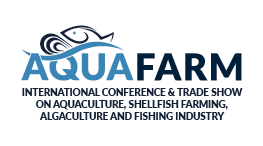Transmissible cancers in marine animals such as cockles spread through the water and form tumors in their victims. They pose no threat to humans but are deadly to the animals themselves. While they are not new — having existed for hundreds or possibly thousands of years — their genetic make-up has only now become understood to scientists searching for ways to combat this destructive shellfish disease.
Recently, scientists at the Wellcome Sanger Institute of the CiMUS research centre at the Universidade de Santiago de Compostela in Spain, working with colleagues in other countries, have discovered unsettling news: such cockle cancers are highly genetically unstable, with a single animal’s tumor containing cancer cells with different numbers of chromosomes – unlike “normal” cancer DNA with the same chromosome count per cell.
The cancers that affect cockles, called bivalve transmissible neoplasia (BTN), are not contagious but transmittable freely in seawater, and they affect the animal’s immune system, like leukemia does in mammals. BTN spreads throughout the body and is usually lethal to the infected animal. BTN has been identified so far in clams, cockles, and mussels across the world.
While cockle cancers pose no threat to humans, the cancer scientists studying these cockle diseases hope that in addition to the immediate gains from saving cockle populations, the insights scientists get by learning how cockle cancer cells overcome the effects of genomic instability can help researchers understand these phenomena in all forms of cancer, including in humans.









